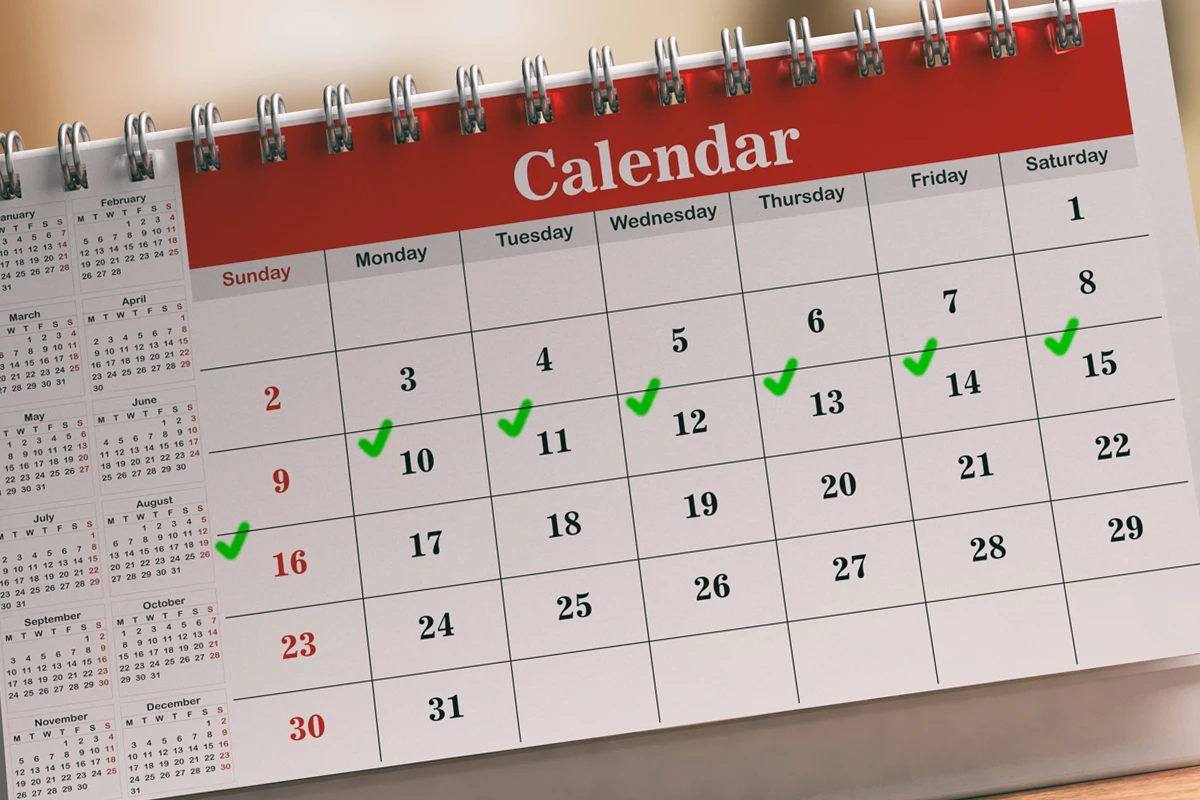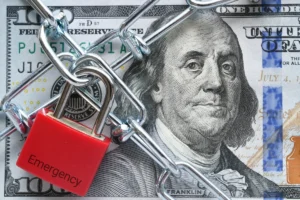Are you ready to take control of your money, reduce financial stress, and set yourself on a path toward wealth? The 7-Day Wealth Reset is here to give you a short, simple roadmap to improve your finances—one step at a time. Each day, you’ll tackle one small but impactful task to create immediate wins. By the end of the week, you’ll feel more in control and confident about your financial future.
Why This Challenge Works
The 7-Day Wealth Reset is designed to give you small, manageable tasks that build momentum. Each day delivers an immediate win, helping you:
- Feel in control of your money.
- Reduce financial stress.
- Build habits that lead to long-term wealth.
The 7-Day Wealth Reset Outline
Track Every Dollar You Spend
Why: You can’t fix what you don’t know. Understanding where your money goes is the first step toward improving your finances.
What to Do:
- Review your last 30 days of spending.
- Use a budgeting app, spreadsheet, or even a notebook to log expenses.
- Categorize your spending into essentials (housing, food) and non-essentials (dining out, subscriptions).
Win: You’ll clearly see where your money is going and spot areas for improvement.
Find and Cancel One Wasteful Expense
Why: Cutting just one unnecessary cost frees up money you can save or invest.
What to Do:
- Look for services or subscriptions you don’t use (like a forgotten gym membership or streaming service).
- Cancel it immediately—no waiting.
- Redirect the saved money into savings or debt repayment.
Win: You’ll instantly save money and start building better spending habits.
Create a Simple Budget
Why: A budget is your financial game plan. It ensures your money works for you, not against you.
What to Do:
- Use the 50/30/20 Rule:
- 50% for needs (rent, groceries).
- 30% for wants (dining out, hobbies).
- 20% for savings and debt repayment.
- Adjust the percentages to fit your life, but make sure you’re saving something.
Win: You’ll have a clear plan for your money, making it easier to stick to your goals.
Build a $500 Emergency Fund
Why: A small emergency fund can prevent debt when unexpected expenses pop up.
What to Do:
- Start small—set aside $5–$10 per day until you hit $500.
- Use savings apps or open a separate savings account for emergencies.
- Sell unused items or take on a small side gig if you need quick cash.
Win: You’ll have a safety net for unplanned expenses, reducing stress and reliance on credit.
Automate Your Savings
Why: Saving is easier when you don’t have to think about it. Automation ensures you stay consistent.
What to Do:
- Set up automatic transfers to your savings account every payday.
- Even $20 per paycheck adds up over time.
- If your employer offers direct deposit, allocate a portion of your paycheck to savings automatically.
Win: You’ll save money consistently without any extra effort.
Check Your Credit Score
Why: Your credit score affects your ability to borrow money, qualify for loans, and even rent apartments. Knowing it puts you in control.
What to Do:
- Use free services like Credit Karma or AnnualCreditReport.com to check your score.
- Review your report for errors or fraud.
- Take action to improve your score by paying bills on time and keeping credit utilization low.
Win: You’ll understand your financial health and take steps to improve it if needed.
Set One Financial Goal
Why: Goals give you a reason to stick to your financial plan and stay motivated.
What to Do:
- Pick one goal to focus on (e.g., saving for a vacation, paying off a credit card, or building a bigger emergency fund).
- Make it a SMART Goal:
- Specific: “Save $1,000 for a vacation.”
- Measurable: Track your progress weekly.
- Achievable: Break it into smaller steps, like saving $100 per month.
- Relevant: Ensure it aligns with your life priorities.
- Time-Bound: Set a deadline (e.g., “Save $1,000 by December 31”).
Win: You’ll end the week with a clear financial target to work toward.
What’s Next?
Once you’ve completed the challenge, keep going! Revisit these steps each month, build on your progress, and watch your financial confidence grow. The path to wealth starts with small, consistent actions—and you’ve just taken the first steps.
Your financial future is waiting. Are you ready to take charge?



